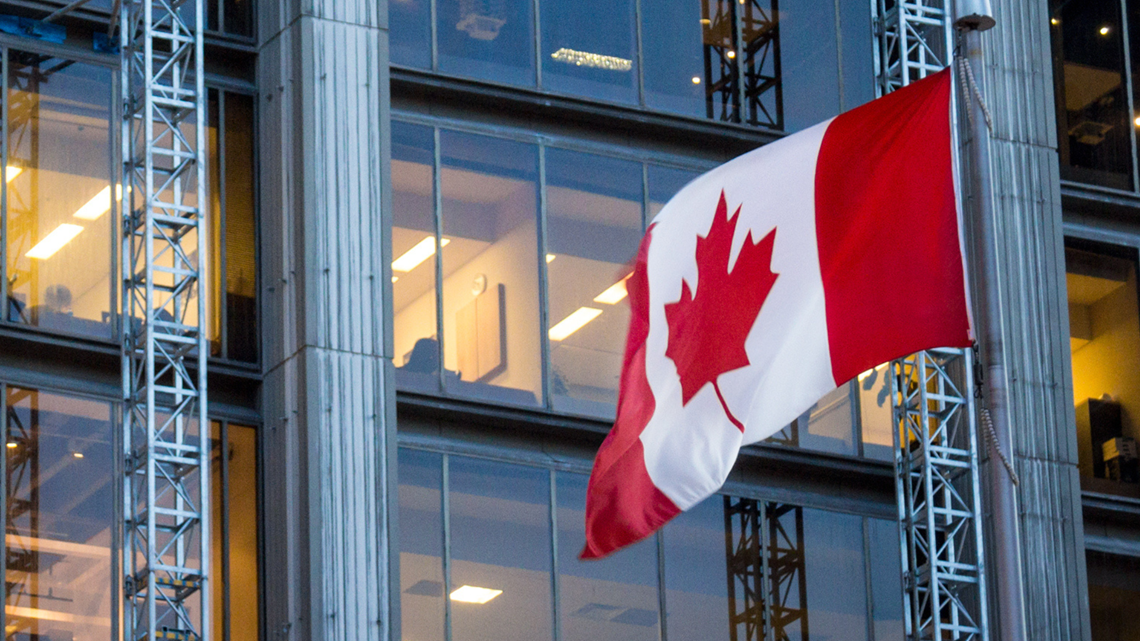On November 3, 2022, the 2022 Fall Economic Statement was released by the Honourable Chrystia Freeland, Deputy Prime Minister and Minister of Finance. The measures announced are aimed at helping Canadians better manage the impacts of inflation and cope with the rising cost of living.
Crowe MacKay's trusted advisors provide a summary of the key tax highlights announced in the 2022 Fall Economic Statement below. The 2022 Fall Economic Statement also referred to previously mentioned affordability measures relating to the GST Credit, the Canada Dental Benefit, and the Canada Housing Benefit, which you can read more about here.
If you require assistance, connect with us in Alberta, British Columbia, Northwest Territories, or the Yukon.
Affordability Measures
Automatic Advance for the Canada Workers Benefit
The Canada Workers Benefit (CWB) is a refundable tax credit that supplements the earnings of low and modest-income workers. An individual claims the CWB when completing their tax return, and filers are automatically assessed by the Canada Revenue Agency (CRA) for eligibility if the CWB is not claimed. The 2022 Fall Economic Statement proposes to automatically provide individuals who received the CWB for the previous taxation year with an entitlement for the current year through quarterly advance payments, as long as their income tax return for the previous year is received and assessed by the CRA prior to November 1 of the current year.Half of an individual’s estimated CWB entitlement for a year would be delivered through advance payments in July, October, and January, and any residual entitlement would be calculated and paid through the individual’s tax return for the year. Eligibility to receive advance payments during the course of a year would cease where an individual is incarcerated for a period of 90 days or more; moves out of the country; or dies prior to July 1.
Changes in circumstances relating to eligibility criteria not mentioned above would not affect individuals’ advance payment entitlements for the current taxation year. Advance payments would be issued automatically starting in July 2023 for the 2023 taxation year, and the option to apply for an advance payment under the existing provision would no longer be available after January 1, 2023.










